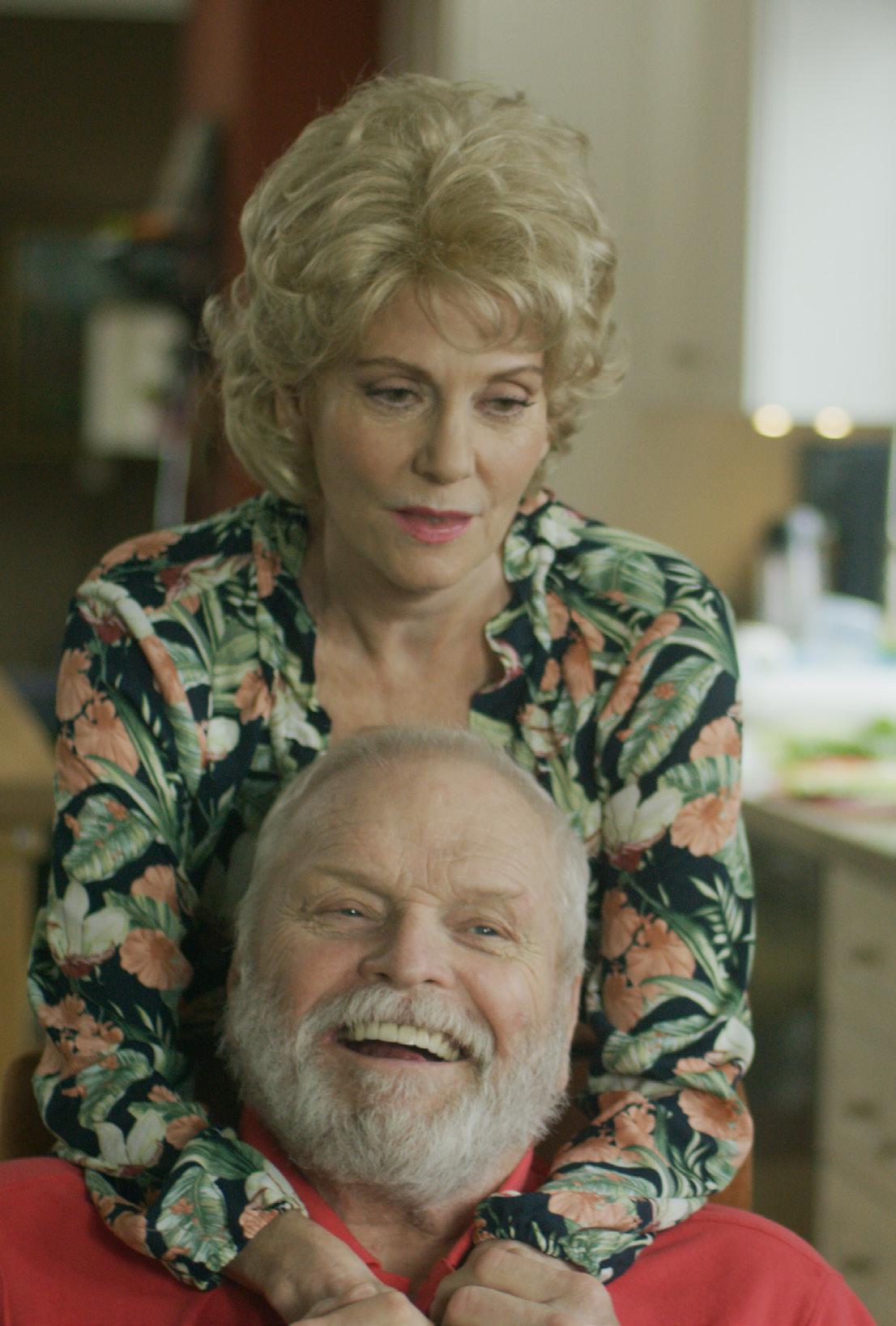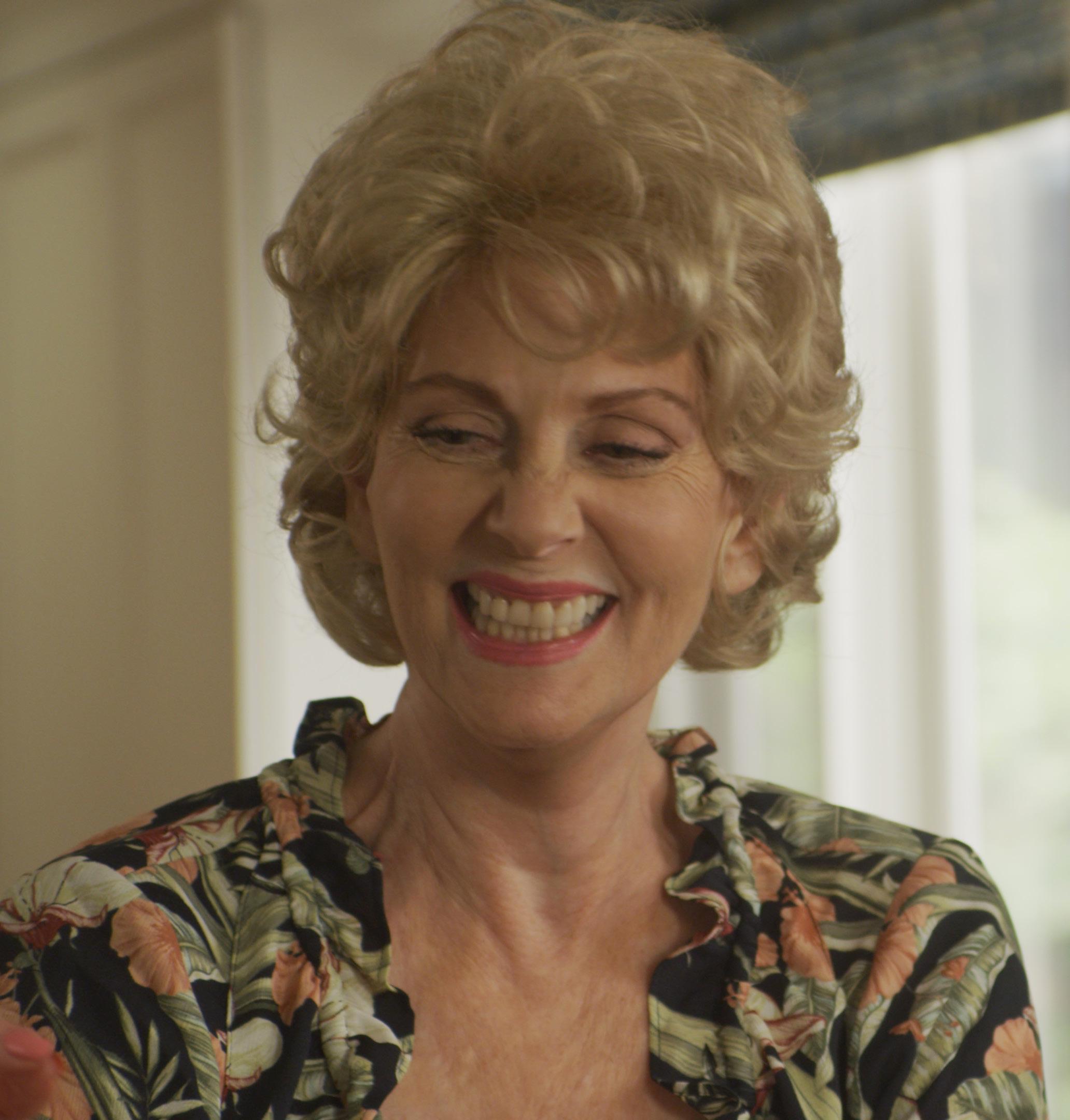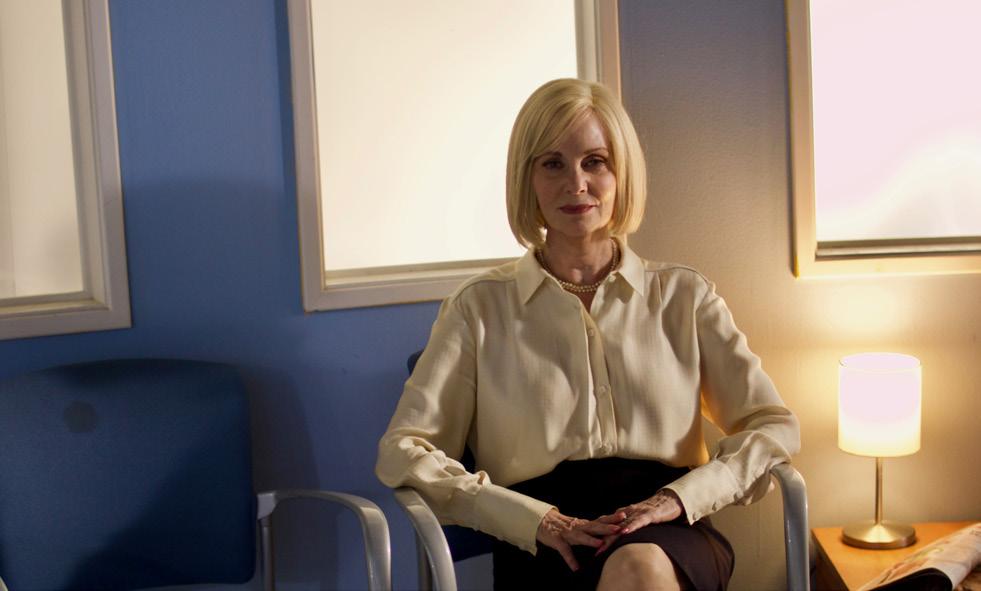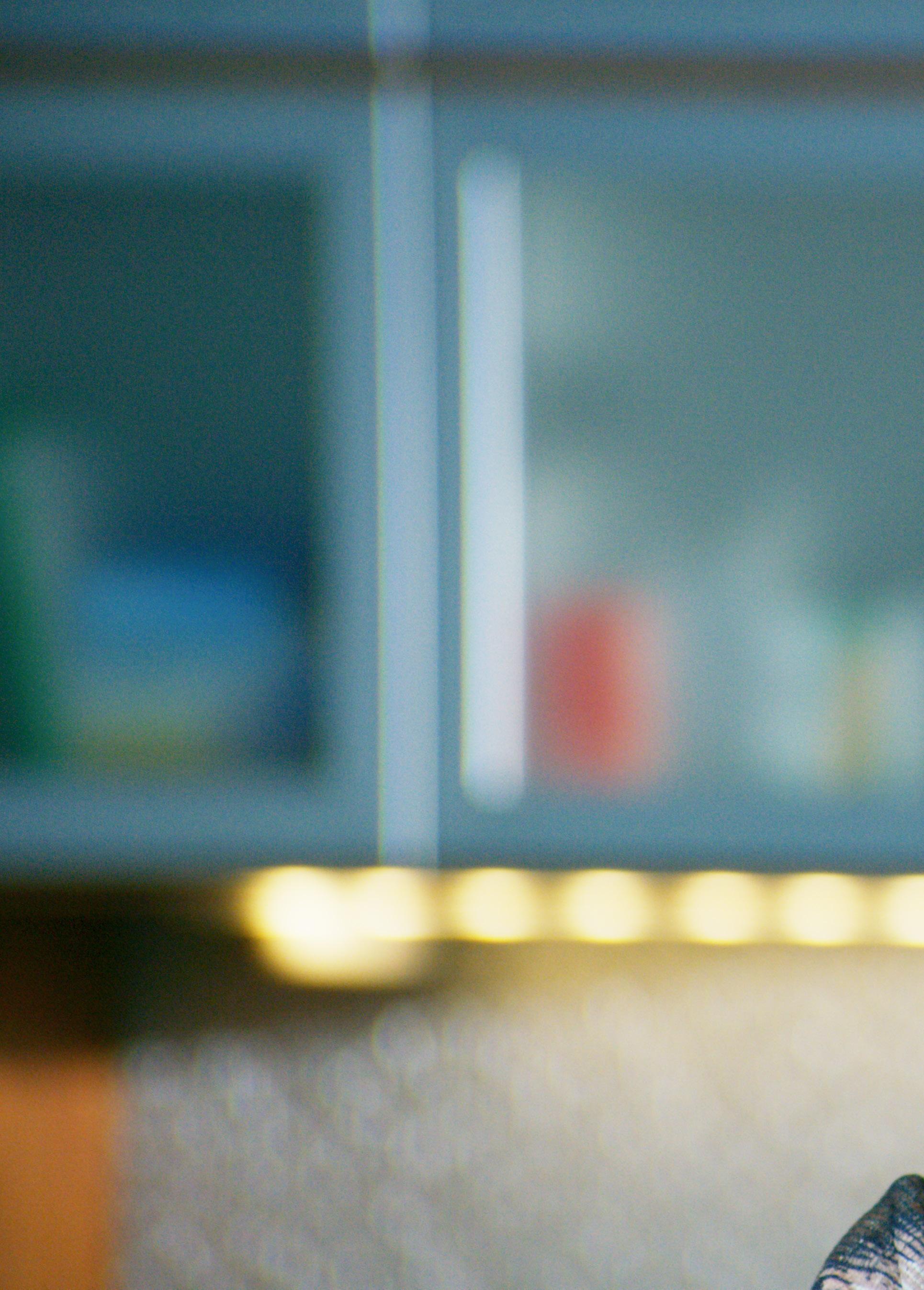
6 minute read
Lesley Ann Warren
ON HER LATEST FILM AND THE JOYS AND CHALLENGES OF ACTING
Advertisement
BY ALEX A. KECSKES
New York-born Lesley Ann Warren began her career as Cinderella in Disney’s classic feature “Cinderella.” The youngest student in Lee Strasberg’s Actors Studio, Warren went on to play a wide range of vulnerable neurotics and sexy, worldly ladies. These included roles in “Clue,” “Love Hate Love,” and “The Legend of Valentino.” Warren later earned a Golden Globe in the rags-to-riches miniseries “‘79 Park Avenue.” This was followed by her outstanding performance as Norma Cassady in the slapstick musical “Victor-Victoria,” which won her nominations for an Academy Award, a Golden Globe, a New York Film Critics Award and a People’s Choice Award. She also appeared in several high-quality offbeat films, including “Choose Me,” which earned her a People’s Choice Award, and “Songwriter,” which secured a Golden Globe nomination. And who can forget her portrayal as the scatter-brained comedienne in “Will & Grace” and “Desperate Housewives.”
In “3 Days with Dad,” Warren is Dawn, the devoted wife of dying husband Bob Mills (Brian Dennehy). The darkly comic film brings out the pain, humor, and pathos of a family facing the demise of a cantankerous but lovable curmudgeon.
Thank you for taking the time for this interview. You have one of the most well-rounded careers in show business. What stands out as your favorite early acting role? Lesley Ann Warren: Honestly, I don’t have a favorite. I feel so blessed in having had such a wide variety of roles in my career. And so many have been close to my heart. It would be impossible for me to play favorites. From “Cinderella” to “Victor-Victoria” to “Clue” to “3 Days with Dad”—I’m so proud of them all.
In “3 Days with Dad,” you play the devoted wife of a dying man. What did you draw from to bring the character of Dawn to life? Warren: The film was based on people that were close to Director Larry Clarke. I really relied on him to give me an overall as well as a specific understanding of the character. I built from there using a variety of sources. Larry showed me pictures and explained the dynamic of her stepchildren. So I was able to use all of that in creating Dawn.
What aspect of Dawn’s character did you find most challenging to bring out? Warren: I think her lack of sensitivity toward others. What may have come across as selfishness was really the adoration of her husband at the exclusion of her stepchildren. And there was her critical judgmental perspective, her denial. I don’t have a lot of denial in my life. And until the very end, Dawn is unable to accept the reality of what’s happening.

You started dancing ballet at six. If someone offered you a role that included dancing would you take it? Warren: Absolutely! I did a show for a couple of years called “Dance to the Movies.” It was a theatrical performance that I did with some of the dancers from You Think You Can Dance and Dancing with the Stars. We did it with the Boston Pops, in Ontario and others. It’s a compilation of movie dance numbers. I did that periodically and I just loved it.
HOLLYWOOD WEEKLY • 23

What do you like about comedic roles, like those you played in “Will & Grace” and “Desperate Housewives”? Warren: It’s interesting because I never look at it as a comedic role. I try to create the character in a situation that’s funny. It’s her quirks and behaviors that are comedic. It takes flight from there. I love to be funny. I have a great sense of humor and I enjoy making people laugh. I feel so lucky that I’ve been able to do both comedic and dramatic work.
Same question for your dramatic roles like those in “Bay House?” Warren: It’s the other side of the coin. Understanding character, the character’s motivation and the situation she finds herself in. It’s also the relationship to the other characters. If it resonates with me, if it moves me then I have the hope that it will move others as well.
When you develop a character, do you sometimes feel that you get lost in it to the point where you have to back out of it? Warren: I used to be that way when I was younger—unable to separate myself from the character. But after years of work experience, that isn’t a problem anymore. In a way, it was a saving of my sanity.
Most actors have a love-hate relationship with auditions. What was your most memorable audition? Warren: At the beginning of my career, I auditioned. My most memorable audition was with Richard Rodgers in “Cinderella.” It was in his apartment with musical supervisor Johnny Green and choreographer Eugene Loring. Richard asked everyone to step out of the room. He sat at the piano and had me sit next to him. He taught me My Funny Valentine and had me sing it with him. That’s a memory I’ll never forget. My worst audition was for a dancer-stripper role—I can’t remember the film’s title. But I tried to do this kind of dance in the room with the director and I fell flat on my butt. I was so mortified. And when I tried to get up, I smeared lipstick all over my face. Needless to say, I did not get the role.
Talking about the craft and business of acting, what have you learned about acting that most surprised you? Warren: I guess it’s what we were talking about earlier. I’d have to stay in character in the scene, especially if it was a dramatic or emotional scene, pretty much all day. As the years went on, I’ve learned how to create that in maybe five minutes before I have to do it and then let it go within minutes afterward. It’s very hard to do that and very heartbreaking to go to those places. I’ve learned that I don’t want to load up my nervous system by staying in it too long before and after.
What scene involved the most takes you ever had to repeat in a film? Warren: I know they’re out there but I’ve never worked with a director that does many multiple takes.
Had you never pursued acting, what career path would you have taken? Warren: That’s almost impossible to say because I started dancing at six and went into acting when I was 16 on Broadway. But I’ve always had an interest in homeopathic medicine. For the last 35 years, I’ve been going to doctors who do that. I find it incredibly brilliant and fascinating. I think it’s something I would have had a talent for.

Can you go into your role in the upcoming murder mystery “Blind Psychosis”? Warren: That was a web series in which the director wanted a 1940s melodrama. He wanted a sort of heightened radio performance of those kinds of murder mysteries. It was a lot of fun to do. But sadly, you’re not with a lot of actors when you’re doing it, so that’s difficult and it makes it less creative in a way.
What did you like about working on “Victor-Victoria”? Warren: Everything. I loved working with Julie (Andrews). I absolutely adored Blake (Edwards)—both personally and professionally. He gave me a complete run of my character and allowed me to do tons of improvising. It was one of the more creative, exciting and challenging experiences that I’ve had.
You’ve seen it all. Paid your dues. What advice would you give to young actors just starting their careers? Warren: I always say the same thing. I worked with Lee Strasberg for ten years—both privately and in the Actors Studio. And I do believe in studying a craft—whatever craft that may be—and being diligent about it. So when you’re lucky enough to get on a set, you have your toolkit you can use in any circumstance.






